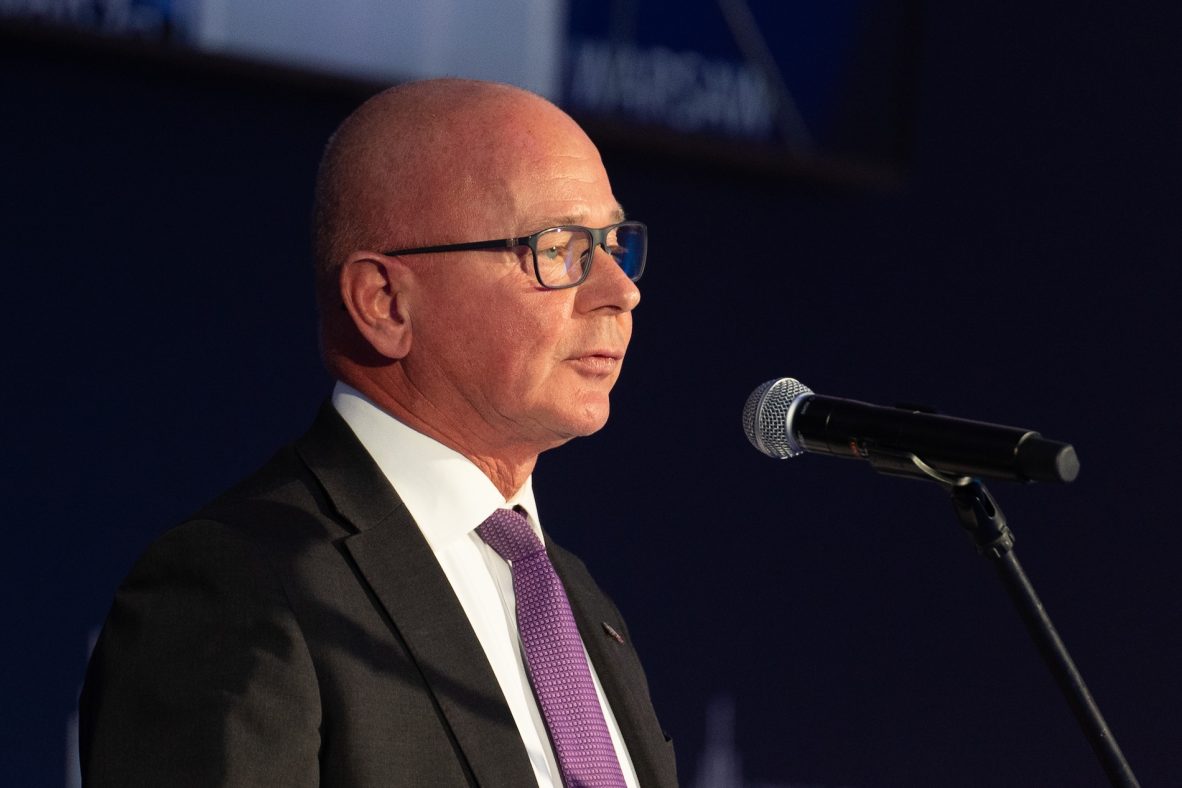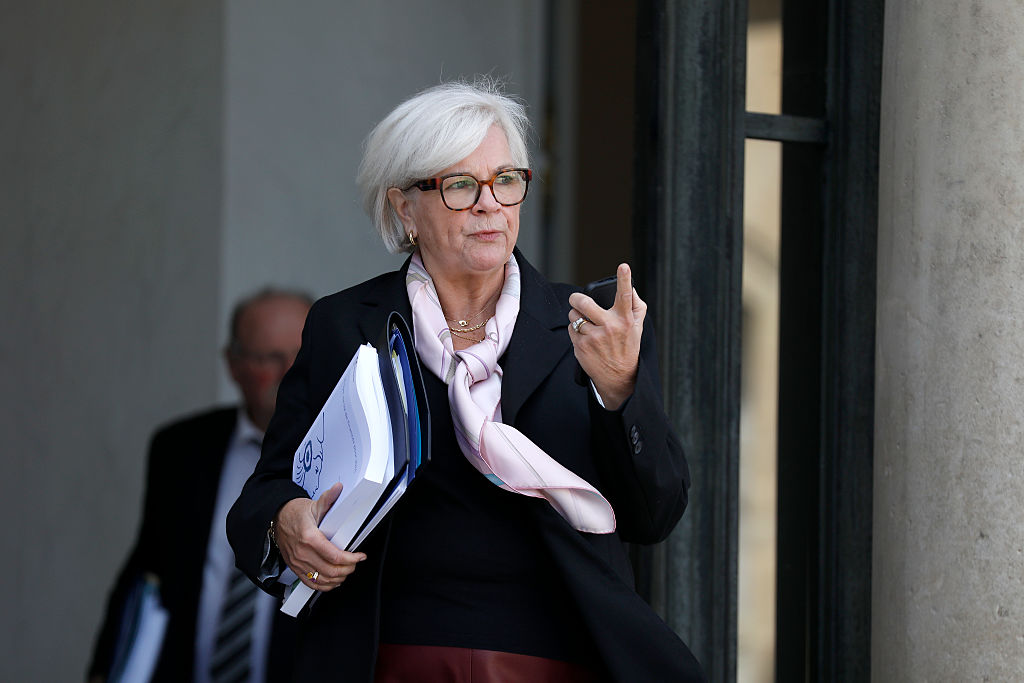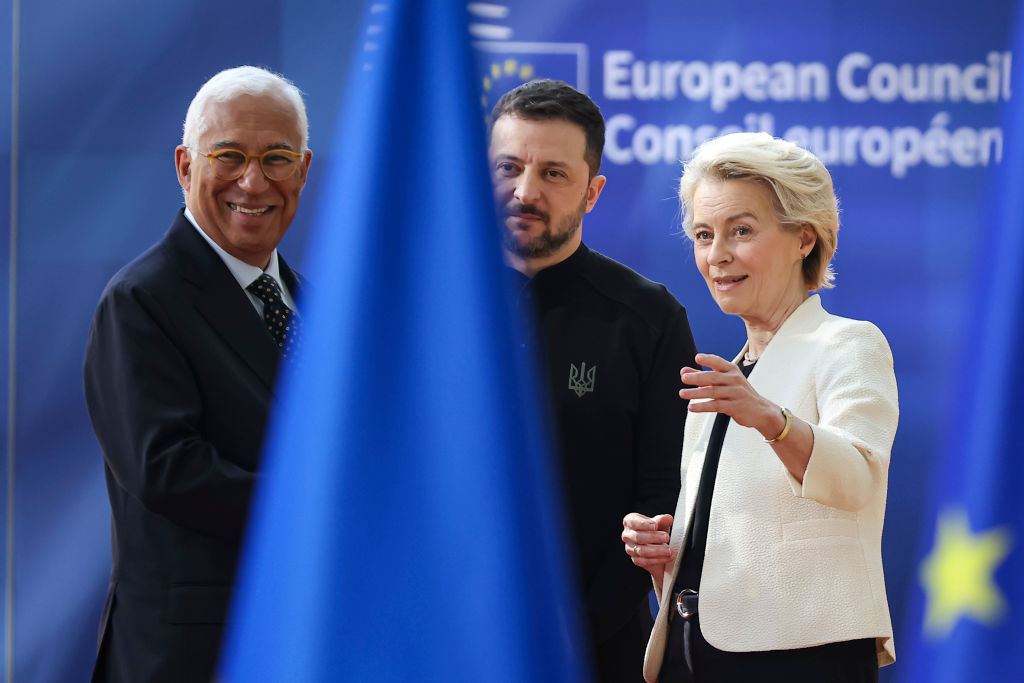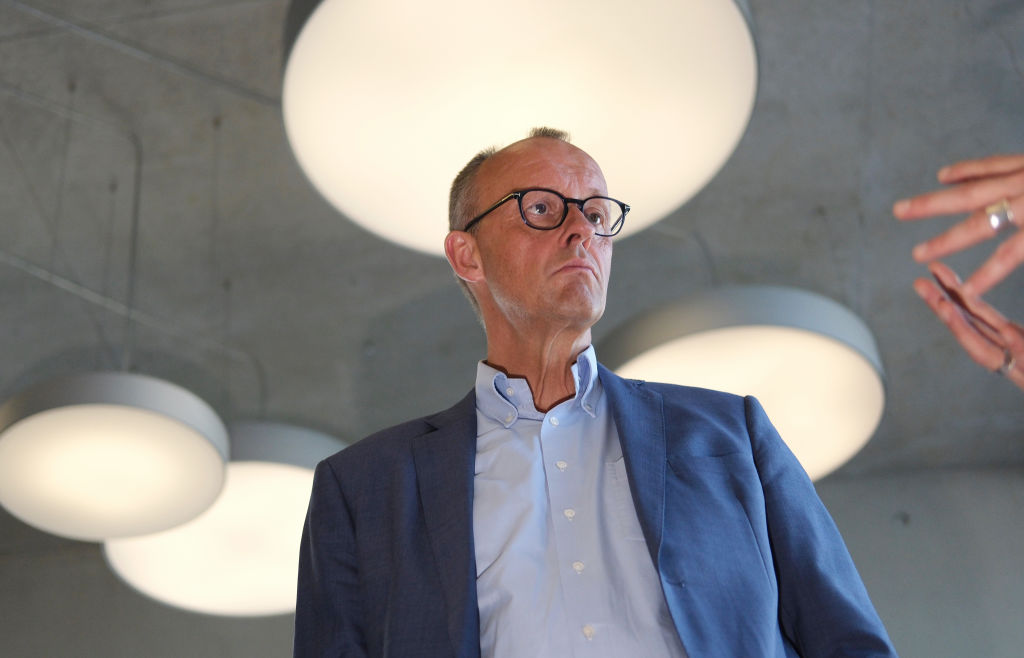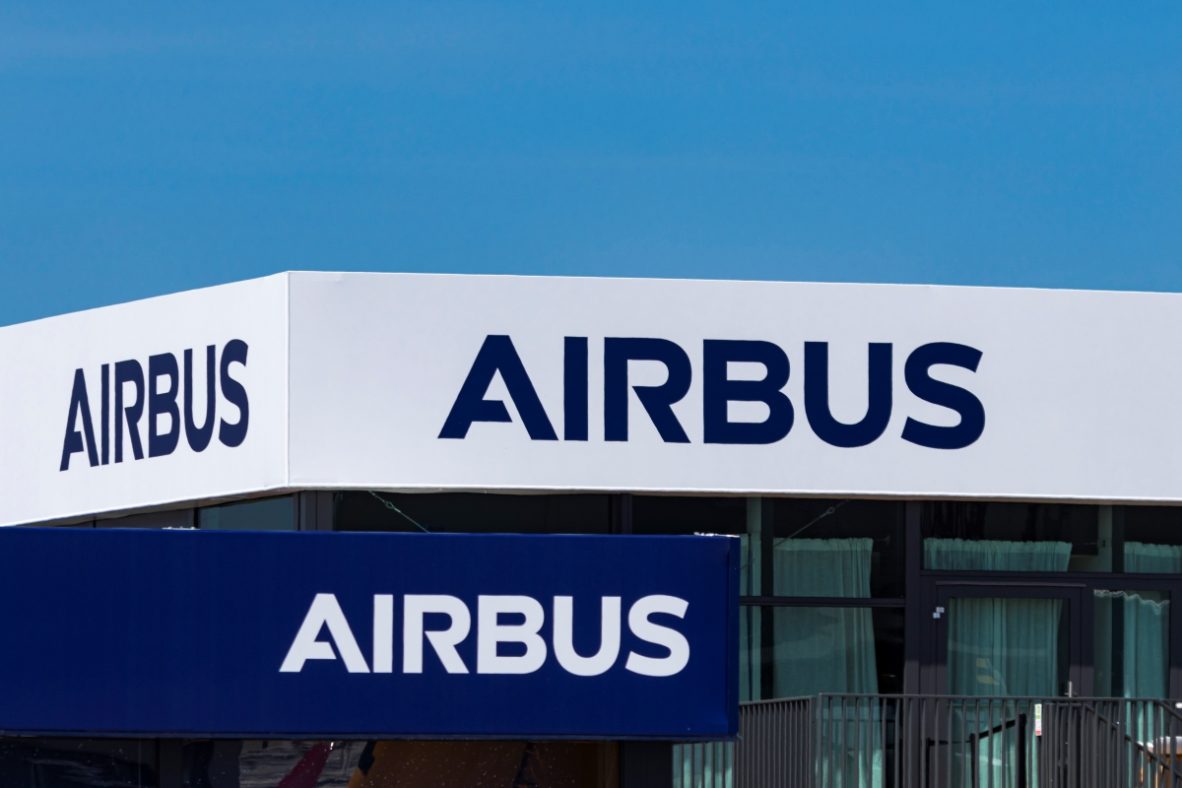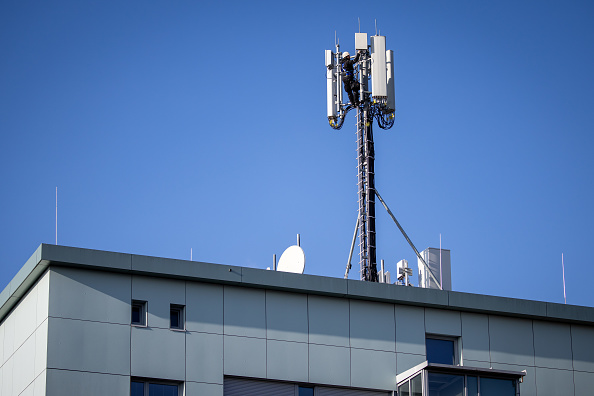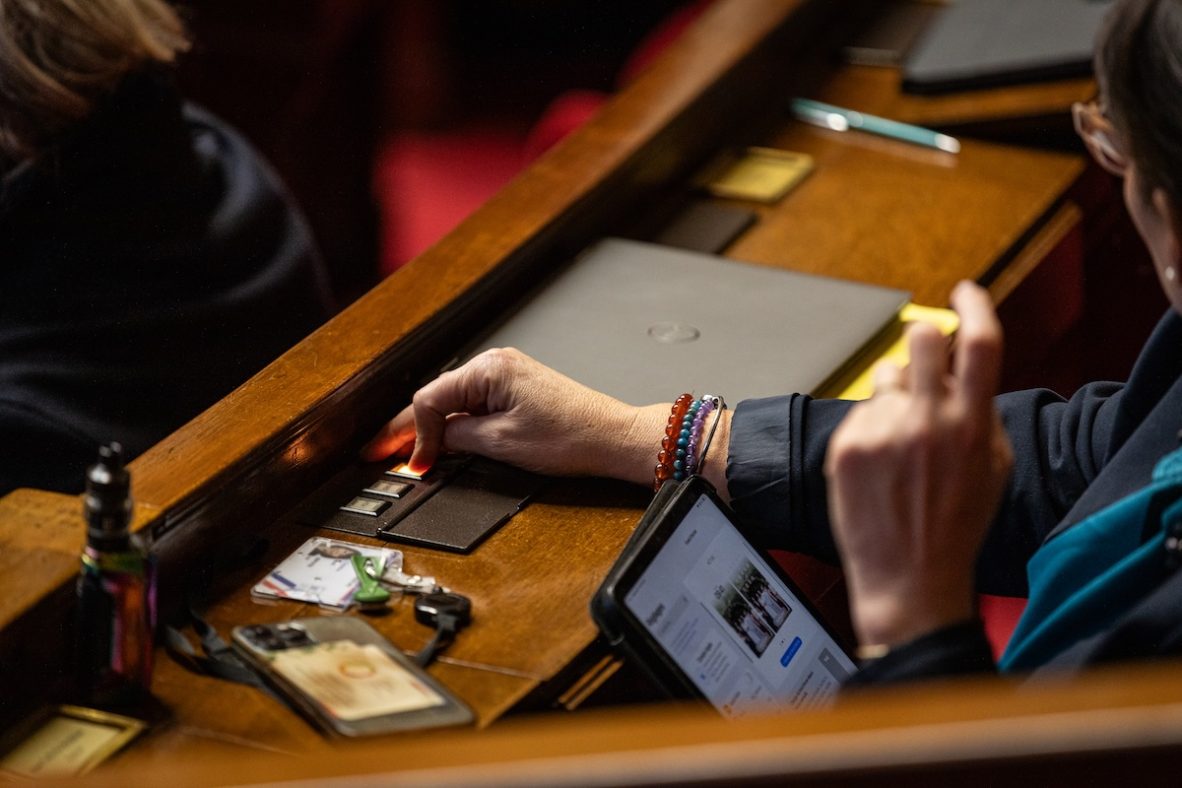Spain's Indra calls on France and Germany to end FCAS deadlock
‘Everybody has a responsibility to make this project succeed,’ says Indra’s CEO

Everybody has a responsibility to ensure that Europe’s next-generation fighter jet project succeeds, the CEO of Spain’s main contractor told Euractiv.
A conflict between Indra’s French and German industry partners is fuelling doubts over whether Europe’s €100 billion fighter jet project (FCAS) will ever see the light of day. Thus far, Spain and Indra have largely managed to stay above the fray.
The dispute has not, however, dampened Indra’s ambition to join other European defence projects. “When the moment arrives, Indra will be part of MGCS,” said CEO José Vicente de los Mozos, referring to the Franco-German tank project modelled on FCAS.
The Indra chief is now urging the two sides to resolve their differences.
“Everybody has a responsibility that this project becomes successful,” de los Mozos told Euractiv in an interview. In his view, Europe needs a sixth-generation fighter jet – and the Future Combat Air System (FCAS) “has to happen.”
Dispute over project roles
The FCAS programme – combining a next-generation fighter jet with a network of drones – has been stalled for months amid a dispute between France and Germany’s aviation giants.
Dassault Aviation, France’s prime contractor, has made clear its preference to develop the fighter on its own if it is not granted a greater leadership role. Its German counterpart, Airbus Defence and Space, opposes this and insists on playing an equal role in decisions over the aircraft’s design.
In the meantime, Indra has continued to work well with both Dassault and Airbus on the project, de los Mozos said. “I prefer not to comment about the conflict with other companies, because I don’t know, frankly.”
A political decision
Defence ministers from the three partner countries, Germany, France, and Spain, were due to meet in Berlin in October to chart a way forward. But with France’s government in a tailspin, the timeline to resolve the industrial rift between French and German partners looks increasingly unrealistic.
For de los Mozos, the future of the fighter jet project now needs to be settled at the political level.
Indra is ready to move to the next phase of the project, he said. “We are in the same line with the Spanish government. If we pay 33%, we get 33% of the workshare.”
That workshare principle is precisely at the core of the dispute between Germany and France, with Dassault pushing for a greater share of the production.
“It would be a pity if one of the first flagship programmes in Europe does not become successful,” de los Mozos said.
As France wavers on FCAS, Europe weighs alternatives for its next-gen fighter jet
France’s Dassault first threatened to go it alone on Europe’s next-generation fighter jet project –…
5 minutes
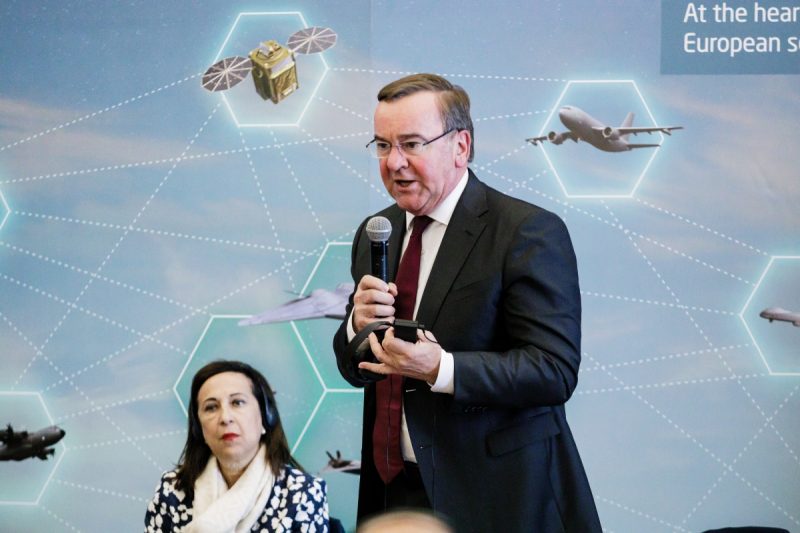
(cp, aw)
